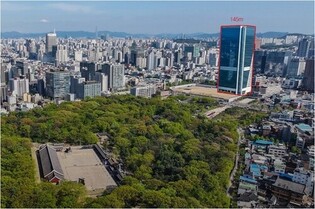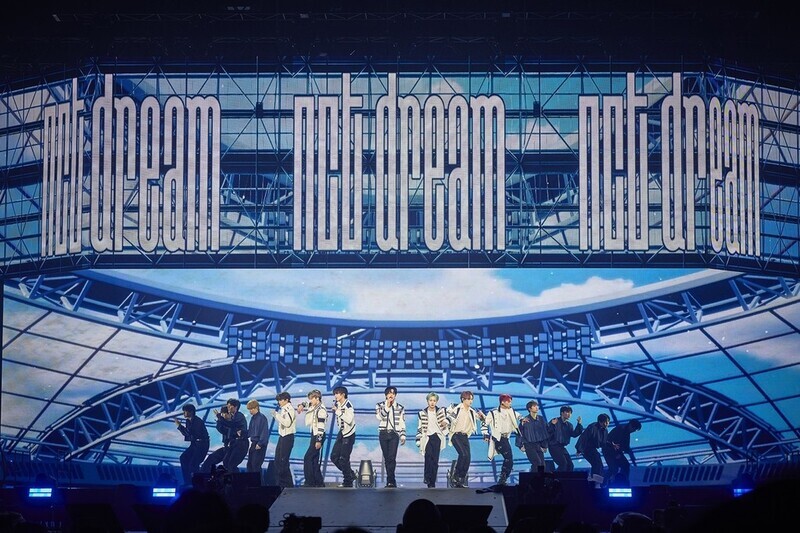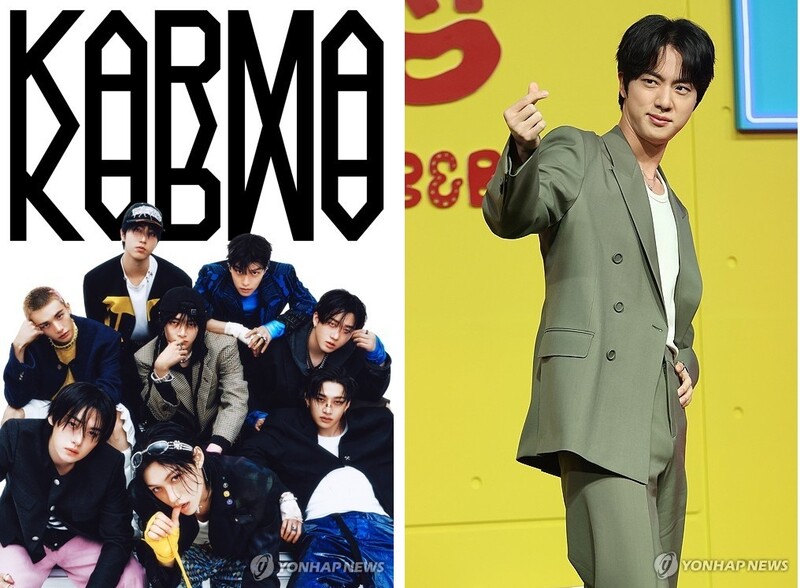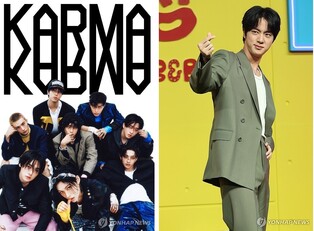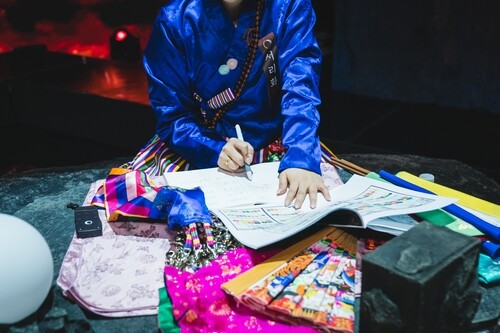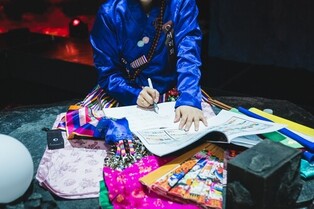(3rd LD) NK-Russia-summit
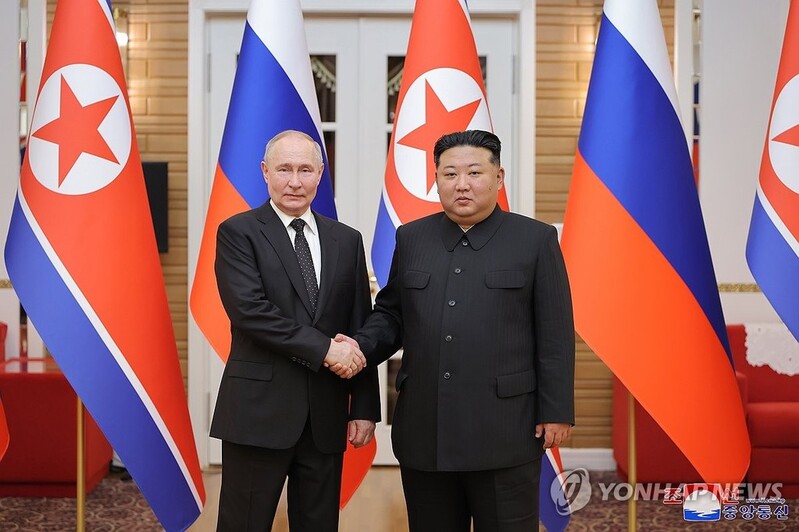 |
| ▲ This photo, carried by North Korea's official Korean Central News Agency on June 20, 2024, shows the North's leader Kim Jong-un (R) and Russian President Vladimir Putin (L) posing for their summit talks at the Kumsusan State Guest House in Pyongyang the previous day. (For Use Only in the Republic of Korea. No Redistribution) (Yonhap) |
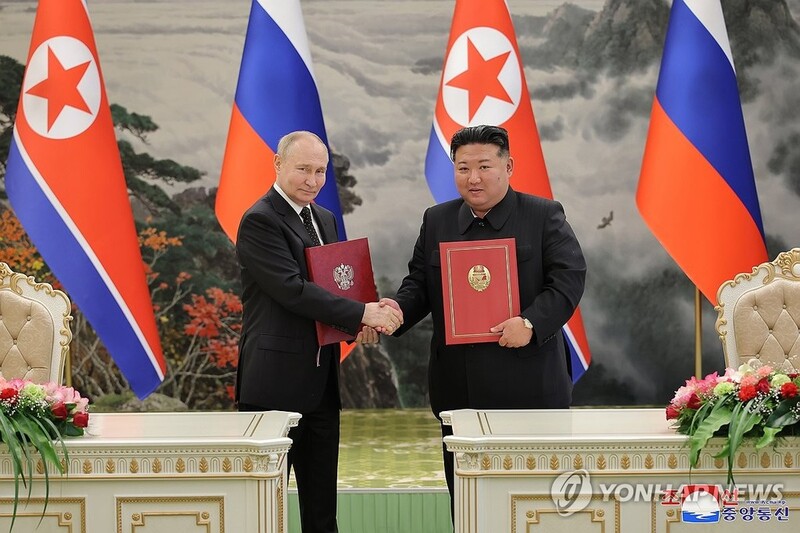 |
| ▲ This photo, carried by North Korea's official Korean Central News Agency on June 20, 2024, shows the North's leader Kim Jong-un (R) and Russian President Vladimir Putin holding a ceremony to sign a treaty on a comprehensive strategic partnership after their summit talks in Pyongyang the previous day. (For Use Only in the Republic of Korea. No Redistribution) (Yonhap) |
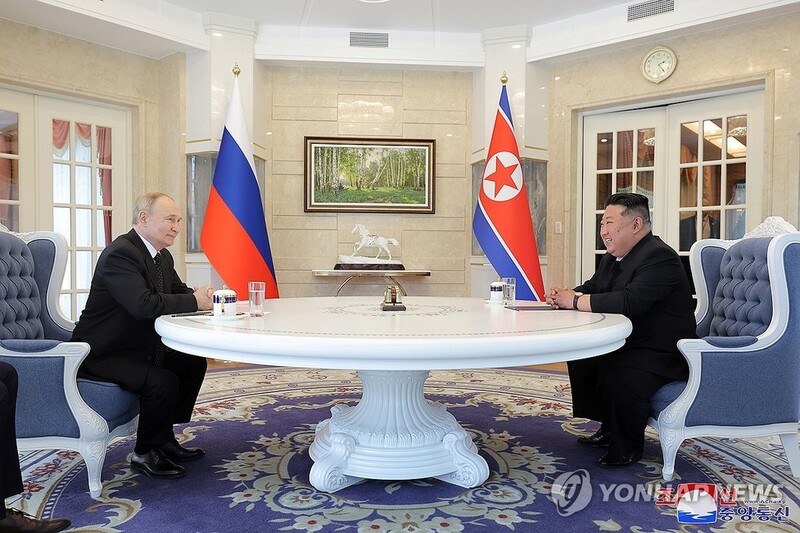 |
| ▲ This photo, carried by North Korea's official Korean Central News Agency on June 20, 2024, shows the North's leader Kim Jong-un (R) and Russian President Vladimir Putin holding a one-on-one meeting at the Kumsusan State Guest House in Pyongyang the previous day. (For Use Only in the Republic of Korea. No Redistribution) (Yonhap) |
(3rd LD) NK-Russia-summit
(3rd LD) N. Korea, Russia agree to offer military assistance 'without delay' if either is attacked: KCNA
(ATTN: UPDATES with more details throughout)
By Kim Soo-yeon
SEOUL, June 20 (Yonhap) -- North Korea and Russia have agreed to offer military assistance "without delay" if either is attacked under a new partnership treaty signed after this week's summit, Pyongyang's state media reported Thursday.
The Korean Central News Agency (KCNA) disclosed the Korean-language full text of the comprehensive strategic partnership treaty that North Korean leader Kim Jong-un and Russian President Vladimir Putin signed Wednesday after their talks in Pyongyang.
Article 4 of the 23-point treaty could be seen as warranting automatic military intervention in the event of an attack on either country. That would amount to the restoration of a Cold War-era alliance for the first time in 28 years since a mutual defense treaty was scrapped in 1996.
"If one of the two sides is placed under a state of war due to an armed invasion from an individual country or several nations, the other side provides military and other assistance without delay by mobilizing all means in its possession in line with Article 51 of the U.N. Charter and the laws of the DPRK and the Russian Federation," it said.
Article 51 of the U.N. Charter states a U.N. member country has the inherent right of individual or collective self-defense if an armed attack occurs.
The KCNA said the new treaty also requires both sides not to sign treaties with third countries that infringe on the other's core interests or participate in such acts.
After the summit talks, Kim declared the North's relations with Russia have been upgraded to "the level of alliance." But Putin stopped short of going as far as defining the relationship as an alliance.
The North and the Soviet Union inked a treaty of friendship and mutual assistance in 1961. The treaty included a mutual defense clause under which if one side is under armed attack, the other provides military troops and other aid without hesitation.
But the deal was scrapped in 1996 after the Soviet Union established diplomatic ties with South Korea in 1990 and collapsed the following year.
In 2000, North Korea and Russia signed a new treaty of bilateral cooperation, but it did not contain such a clause as it mostly centered on cooperation in non-military sectors.
The latest summit agreement adds to security concerns on the Korean Peninsula and beyond, as it could pave the way for Russia to stage a military intervention in the case of emergency security situations on the peninsula.
The Kim-Putin summit talks came amid growing concerns that Russia and North Korea, both under international sanctions, could intensify their military cooperation amid Moscow's war in Ukraine.
The pact could also allow the two nations to join hands in snubbing international sanctions, as it outlined their commitment to rejecting "unilateral and compulsory" measures against them.
After the summit, Putin said Wednesday that Moscow and Pyongyang will continue to "counteract the practice of sanctions familiar to the West," adding that the U.N. sanctions regime against North Korea should be revised.
North Korea and Russia have been forming a united front against what they called U.S.-led hegemony, with the North praising Moscow for building multipolar world orders.
The treaty calls for expanding cooperation in various fields, such as space, the peaceful use of nuclear power, and science and technology.
But cooperation with the North over science and technology could constitute a violation of U.N. sanctions due to concerns that they might assist Pyongyang's development of weapons of mass destruction.
Meanwhile, in contrast to previous treaties adopted by the two nations, the new treaty dropped a clause on the two Koreas' unification, given that the North's leader has regarded South Korea as his country's "primary foe."
At a year-end party meeting in December, Kim defined inter-Korean relations as those between "two states hostile to each other" and vowed not to seek unification with South Korea.
The KCNA said the effectiveness of the partnership pact will be basically permanent. If one side wants to suspend it, it should notify the other of its intent to halt it in writing. Then, the pact will be suspended one year after such notification.
(END)
<저작권자(c) 연합뉴스, 무단 전재-재배포, AI 학습 및 활용 금지>
(C) Yonhap News Agency. All Rights Reserved






















